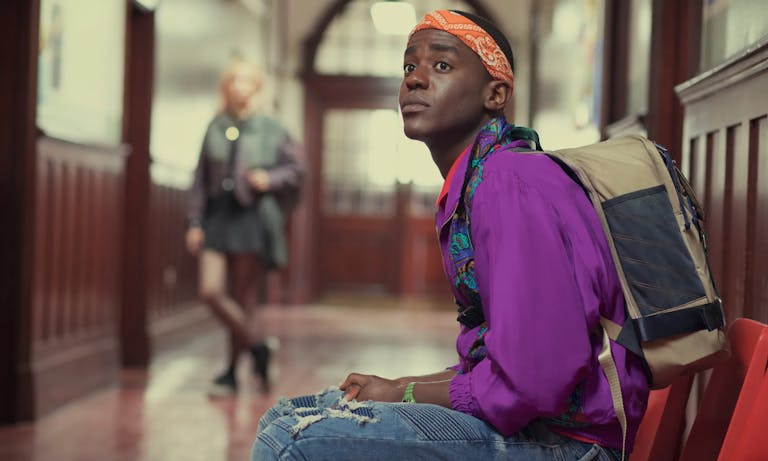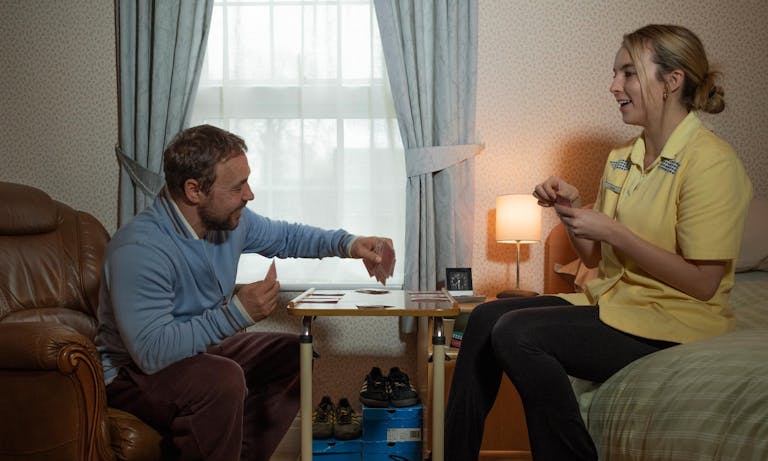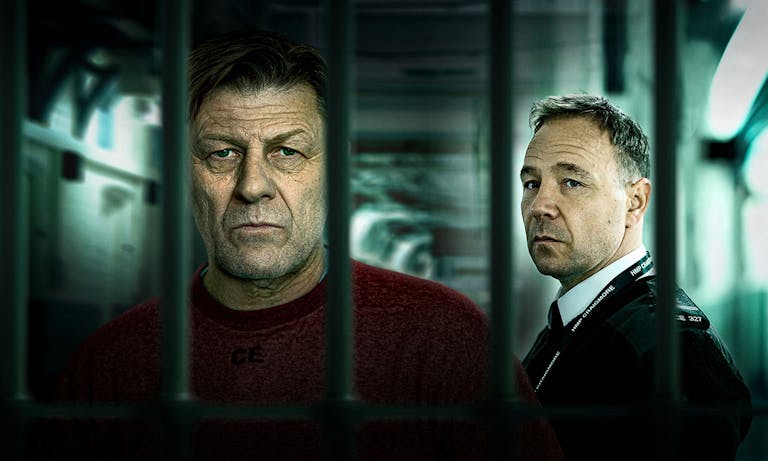What we learned from this year’s TV BAFTAs

This year’s BAFTA TV awards were a star-studded affair, and proof that, when you wonder what your favourite movie star was doing during lockdown, the answer is probably “making great TV”. We are, after all, in a golden age for television storytelling on both sides of the Atlantic, and the top tier of actors are kept very busy. Inspired by the ceremony, we’ve taken a look at some of the nominees and winners from the TV BAFTAs, and the vast web of great screen entertainment that they’ve produced over the last few years.
Matthew Macfadyen, for example, won Best Supporting Actor at the ceremony for his compelling performance as the clueless, hilarious Tom Wambsgans in the billionaire dramedy Succession. He juggled that alongside film work, like the recent World War II drama Operation Mincemeat, which tells the extraordinary true story of how the Allies used a corpse to fool Hitler.
In his awards category Macfadyen managed to beat David Carlyle and Omari Douglas of It’s a Sin, the most nominated show of the night. That’s the heartbreaking story of young, gay friends living in London in the 1980s as the AIDS crisis took hold, and managed an extraordinary 11 nominations this year. The relatively untried cast, led by pop-star-turned-leading-man Olly Alexander, garnered rave reviews and look set for great things in future.
It’s A Sin was created by Russell T. Davis, who also wrote Queer As Folk and who last attended the BAFTAs with A Very English Scandal in 2018, starring Hugh Grant and Ben Whishaw in a very different pair of roles than those they play in the Paddington films. Following his dramatic triumph Davis is returning to the role of showrunner for the BBC’s worldwide smash Doctor Who, where he will be working with another of this year’s nominees. Ncuti Gatwa is the scene-stealing Scottish star of Netflix’s Sex Education and has recently been announced as the 14th Doctor in the long-running sci-fi hit to a flurry of excitement among fans.

Ncuti Gatwa in Sex Education.
Back at the ceremony, the Leading Actress category was closely fought before Jodie Comer triumphed for the stunning and up-to-the-minute drama Help from Jack Thorne (His Dark Materials), set amid the COVID crisis in care homes. Comer already has a BAFTA and Emmy for Killing Eve; she’s also been making waves on the big screen in Sir Ridley Scott’s The Last Duel. Still, she had heavyweight competition from Kate Winslet, already an Emmy winner for Mare Of Easttown. Winslet of course is also an Oscar winner and seven-time Oscar nominee for films including Iris and Sense & Sensibility; in fact she’s just one Tony short of an EGOT.
Leading Actor was similarly tough to call, but Sean Bean prevailed for prison drama Time. The one-time Game Of Thrones star played a man facing terrifying prison violence, with his family at risk on the outside. His co-star in Time was Stephen Graham, who was nominated for that role in Supporting Actor and also in this category for Help ; quite the double whammy. Alongside his film performance earlier this year in Boiling Point and his recurring role in hit TV drama Peaky Blinders, Graham’s mere presence looks more and more like a guarantee of quality.
So this was a thrilling night for fans of both British television and great TV in general. With the very best actors sliding between big screen and small, hunting for the very best scripts, it’s audiences who benefit from extraordinary work across the industry.


